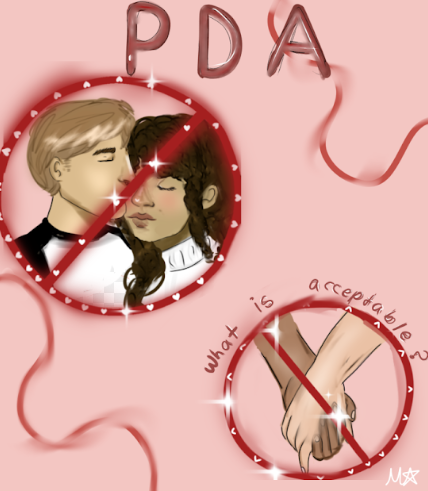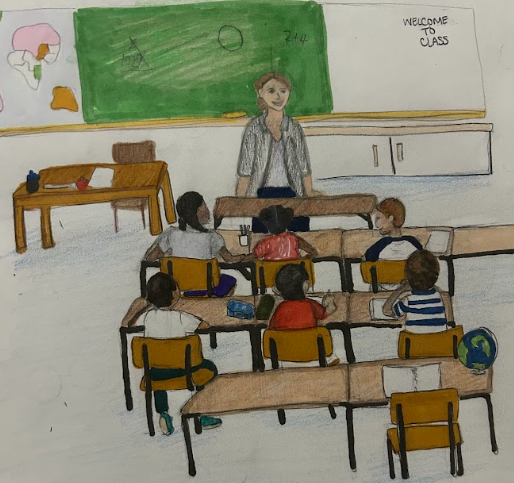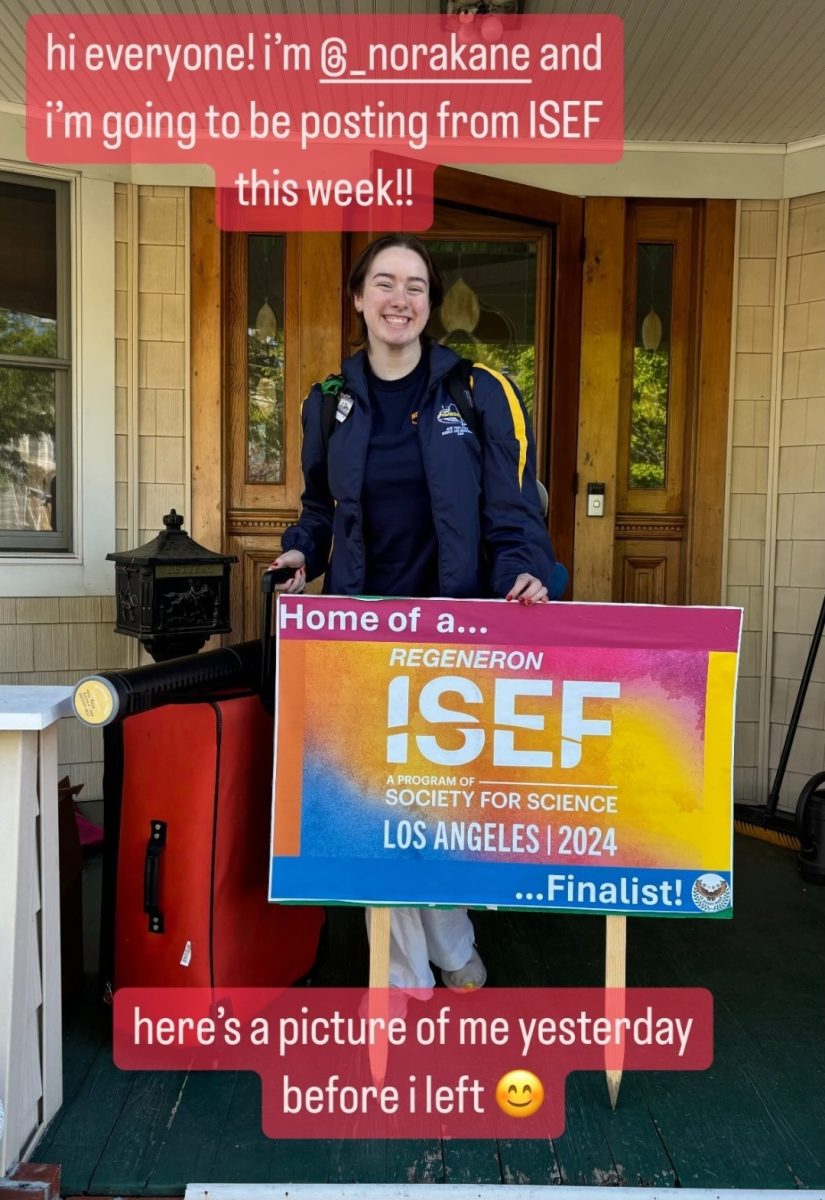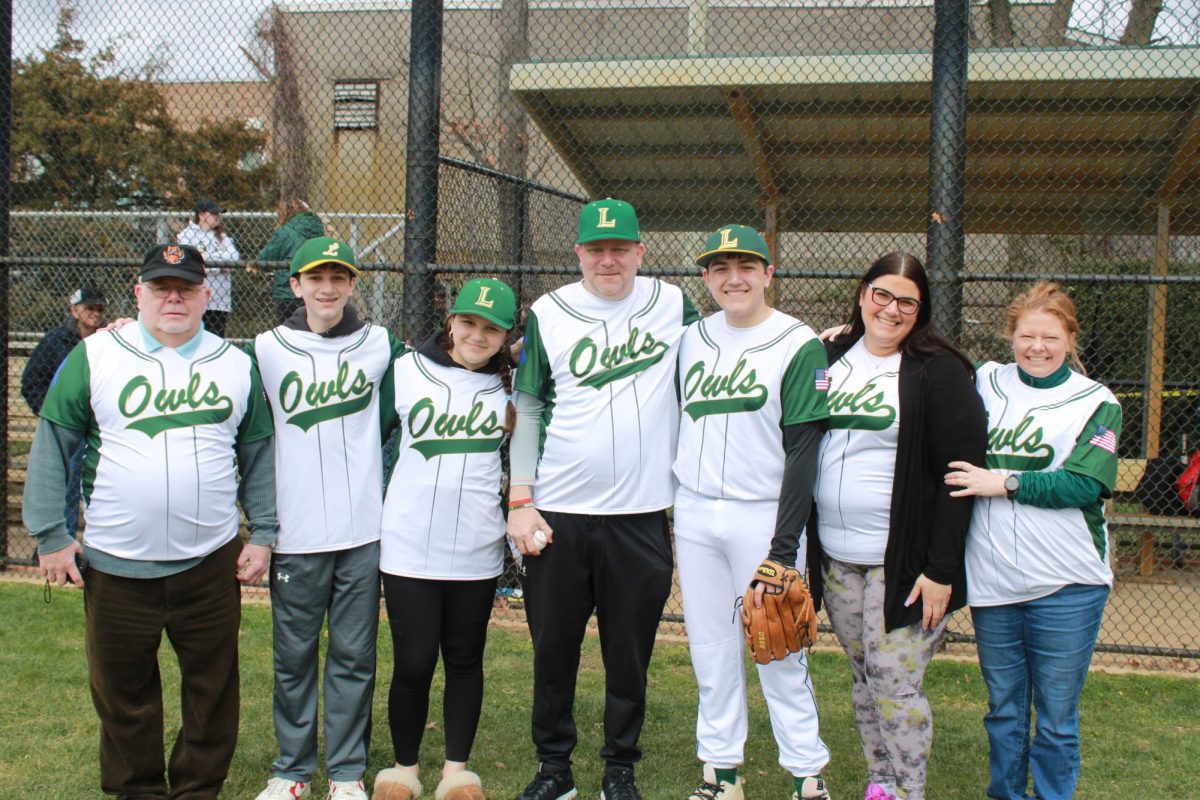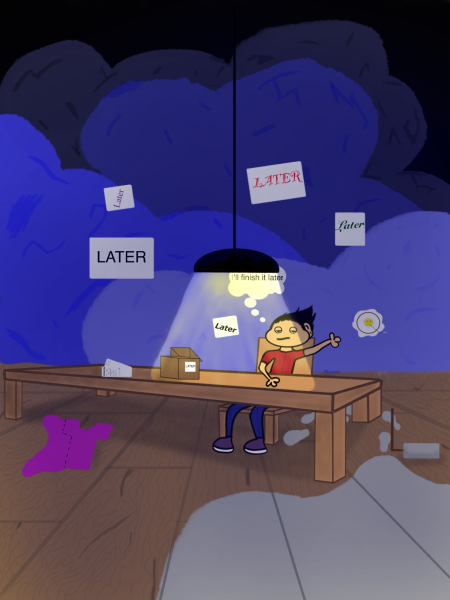The Truth Behind Holidays
Christmastime as a child is one of the most magical experiences and creates memories that children cherish forever. What is it about this season that creates so much excitement in the eyes of children? The answer, of course, is Santa. We have all experienced the post-Thanksgiving anticipation: waiting for the old man with the red suit and big white beard to fall down our chimneys, leaving cookies and convincing ourselves that we will finally stay up late enough to catch a glimpse of the man making the impossible possible. Ultimately, the incomparable enthusiasm that Santa creates in the minds of children makes Christmas the undeniable favorite of millions.
Moving along, as middle school comes around, soon-to-be teens begin to see through the facade and face reality. Junior Juliet Wrzesniewski describes her experience figuring out the truth: “My parents never really told me; I just kind of assumed that it was too good to be true.” At this stage, there are few believers left, and the ones who do believe are simply holding on to that childhood fantasy, despite the deep-down feeling that these traditions just cannot be possible. This is the inevitable truth that comes with maturity, and it is difficult to accept that all the excitement of experiencing the magic of not only Santa, but also the Tooth Fairy, the Easter Bunny, and other holiday characters is just too good to be true. The true question is, though, should adults tell children the truth about holidays, or allow them to figure it out themselves?
All in all, holidays are a time for family–a fact that can easily slip the minds of children who are caught up in the magic of the holiday season. Although his “nice” and “naughty” lists might inspire good behavior, Santa bringing dozens of presents to each child’s home can cause greed, and it is likely that family is a second thought once the presents are delivered. This can also be said about Easter, when waking up to an egg hunt, leaving children rich in dollar bills and candy, is a highlight of the day. That being said, as children get older, it is important for them to remember that there is more to the holiday than just the objects being received, and it is for this reason that parents should tell the truth about holidays at a certain age. It is okay for elementary age children and younger to enjoy the magic of believing, but middle school is the time for parents to own up to the responsibility of telling the truth. Sophomore Justin Williams was in middle school when his parents had “the talk” with him, and he can still recall how upsetting the news was: “I’ll never forget the day. I was early in my middle school years, about sixth or seventh grade, when my parents called me into their room. They both sat there and looked at me for about a minute or so and then told me that Santa Claus and the Tooth Fairy–the two things that I had believed in for most of my life–weren’t real. While middle school seems late, it still shocked me. They spent about 10 minutes trying to get me to stop crying,” he explained.
After this tough conversation, Williams’ parents decided to tell his younger sister the truth at a much younger age: “About a year later, they told my sister when she was in second grade. She handled the news much better than I did. As a matter of fact, she might have even been happier to know that her mom and dad were buying her gifts instead of a random fairy tale character!” he exclaimed.
Williams’ parents waited longer than most to reveal the truth, but not without good reason: “They waited so long because my mom had always wanted me to have a better childhood than she, where I can enjoy Christmas magic,” he expressed. Parents might find it challenging to admit to their children the harsh reality behind Santa, but it is necessary, especially as their peers are beginning to learn. Even as their minds are maturing, middle school kids still tend to act irrationally; if one of their peers still believes in holiday magic, he might find himself the victim of teasing or bullying. It is easy to pick on someone who is naïve enough to still believe in these childish holiday traditions, and it can be harmful to find out the truth by way of peers, rather than learning through a parent. Even if they are not bullied about their beliefs, kids might find it embarrassing if they are told the truth by their peers and develop a self-conscious attitude towards greater things in life. Social studies teacher Koren Pena had to break the news to her children after they heard rumors at school. “My son was in middle school at the time, and his friends told him on the bus. He came home and asked me to be honest with him, and although I told him the truth, I made sure he knew Santa is not necessarily a real person, but is always real in the spirit of Christmas,” she recounted.
Although it is difficult to accept that Santa, the Easter Bunny, or the Tooth Fairy are simply just fanciful characters, it is important for children to learn at a young age and in the right way. In order for the magic to remain intact, despite the loss of belief, parents must explain to children that holidays are about spending time with family and creating memories through traditions during these special times.

My name is Emily Franklin, and I am a member of the Class of 2025 and an editor for Horizon. I am part of the Key Club, Birthday Wishes Club, and Mathletes....

Hi! I am a member of the Class of 2026 and an arts and graphics editor for Horizon. I am also a member of the Student Diversity club and the publicist...






